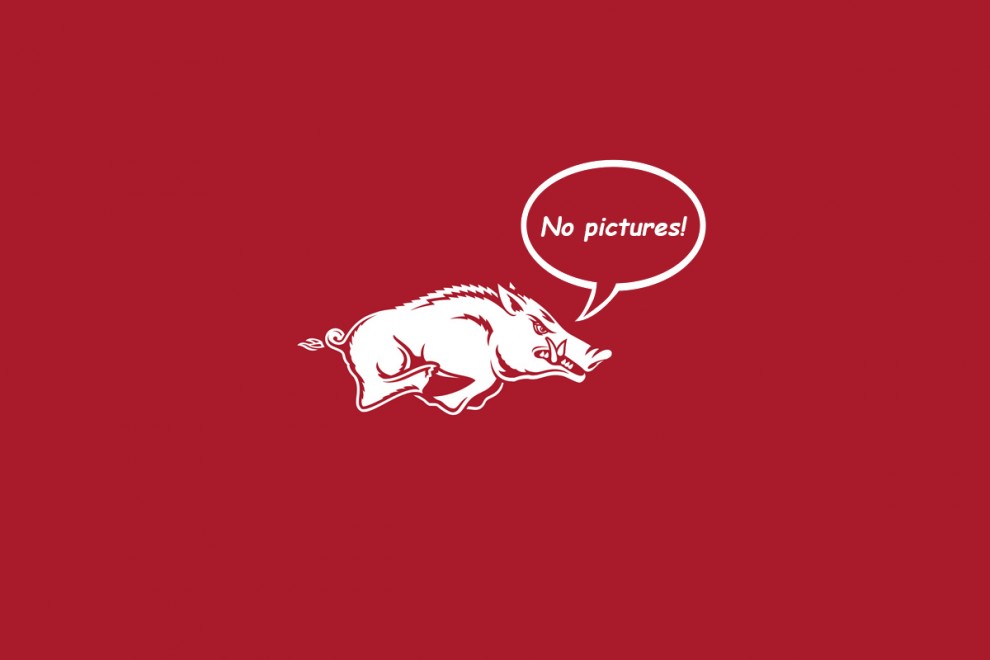A new Arkansas privacy bill could spell the end for street photography in the state. The Personal Rights Protection Act requires photographers get written consent from individuals before publishing any photographs. The bill is being opposed by many photography advocacy groups as it places an unprecedented burden on photographers but I see a much larger problem. Hit the jump for all the details.
Arkansas Privacy Bill
The Arkansas senate passed SB-79, The Personal Rights Protection Act which grants right of publication to individuals and would require still and motion photographers to get explicit written consent to include any individual’s likeness — not just celebrities but anyone — in a photograph that is used for virtually any purpose within the state of Arkansas.
The American Society Of Media Photographers (AMSP) is joining a number of other groups in opposing this bill before it is signed into law. They contend that the bill overly burdensome and cite the example of “an image showing recognizable people posted to the Internet for a use that would not require written consent anywhere else in the world could leave you open to a lawsuit just because someone in Arkansas could view it online.”
A photographer found in violation of the new law would have to prove his images fall under one of the confusing fair use exemptions that are written in non specific language such as “photos in which the individual is not named or singled out.” Of course street photographers make a habit of singling people out as part of the craft so there’s a lot to worry about with this new law.
If the bill is not vetoed by Tuesday March 31, 2015 or it will stand as law. The ASMP has some instructions on what you can do if you’d like to oppose the new law.
The full text of the Arkansas privacy bill is available online:
Arkansas SB-79, The Personal Rights Protection Act.
StreetShootr’s Take
The law’s fair use exemptions broadly include such things as news, public affairs, or sports broadcasts, fictional or nonfictional enterainnment, and original works of art that are not photographs. But one exemption contains language that actually makes the law more restrictive. An image is considered fair use if it’s purpose is:
Solely to depict the individual’s role as a member of the public if the individual is not named or otherwise singled out;
Let’s think about this for a minute. Pretty much any kind of professional or news gathering photography is exempt from the requirements so it’s cleverly written to not infringe on the freedom of the press. But the law specifically limits images depticting the general public where an individual is named or otherwise singled out. Either they have a terrible papparazzi problem in Arkansas or they’re targeting citizen journalists and, by extension, street photographers.
Think what would happen if George Holliday could be sued for recording four police officers brutally beating Rodney King? This law creates that kind of world in Arkansas. It doesn’t protect the rights of citizens so much as prevent citizen journalists from reporting newsworthy events that were shot in public.
It’s a silent eroding of photographers rights.
What’s your take on the Arkansas privacy Bill? Appropriate restrictions for pesky photographers or a way for government officials to cover up any potential wrong doing? Post your ideas in the comments below and keep the conversation going!

